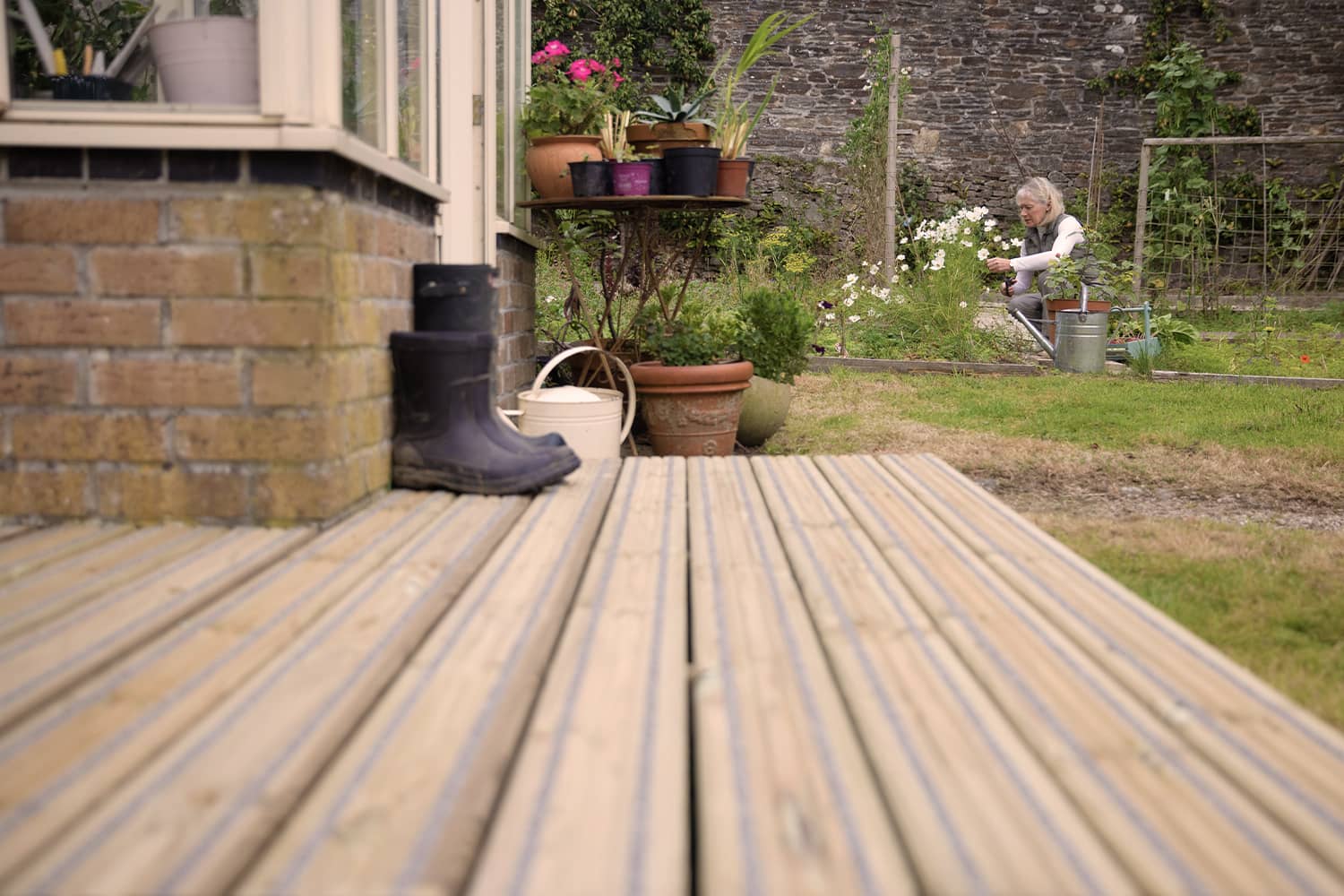While looking for information about planning permission for your decking, you may have come across the term “retrospective planning permission”. This refers to planning permission being granted after modifications are in the construction phase or have already been completed.
Retrospective planning permission is often sought in times when permitted development allowance was assumed incorrectly due to various circumstances, or when local authorities request a planning permission application for property modifications after they’ve begun.
Having to apply for retrospective planning permission doesn’t necessarily mean you didn’t comply with normal planning consent – in many cases, factors that occur down the line can impact the level of permission required to install decking and make changes to your property.
Does it have a time limit?
If requested to apply for retrospective planning permission, you’ll want to do it as quickly as possible so that your local authority doesn’t think you’re not complying.
However, if a feature hasn’t been requested to apply for planning permission, then there isn’t any real time limit at all. In fact, the colloquially termed “4-year rule” means that after a feature has been in place for at least four years, it may not need planning permission even if it otherwise would. This isn’t a sure thing, but the logic behind it is that if something hasn’t caused a problem for an extended period of time then there isn’t any real reason not to leave it be.
Can it be refused?
While requests for retrospective planning permission are often accepted, especially in the case of something as innocuous as decking, they can still be rejected. This might occur for a myriad of reasons, such as if the feature is not in-keeping with the visuals of the neighbourhood.
In the event that your retrospective planning permission application is rejected, you will either need to revert the changes to your property or submit an appeal.
However, the chances of needing to submit a planning permission application for your decking are slim, and the chances of it being rejected even more so. Decking is a great addition to any garden, helping you provide a sturdy space to engage in outdoor activities and spend time with your family and friends.
If you’ve already got decking, you might be interested making it non-slip – find out how >
